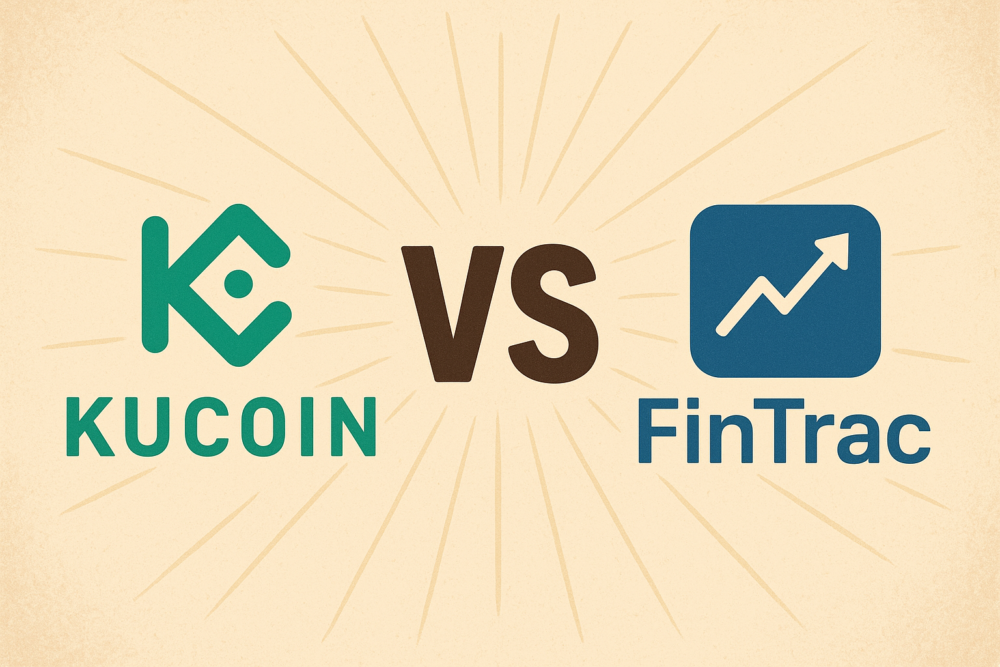Canada’s financial crime watchdog has handed down its largest ever penalty against cryptocurrency exchange KuCoin, totalling CAD$19.5 million.
The Financial Transactions and Reports Analysis Centre of Canada, known as FinTRAC, said the Seychelles based company, operated by Peken Global Limited, violated anti-money laundering rules.
FinTRAC determined KuCoin failed to register as a money services business. The exchange also neglected to report suspicious transactions and large virtual currency transfers to the authorities.
In total, between June 1, 2021, and May 8, 2024, KuCoin did not report 2,952 transactions of CAD$10,000 or more. Additionally, the watchdog found 33 instances where the company failed to file suspicious transaction reports, even when there were clear signs of potential money laundering or terrorist financing.
Investigators linked some KuCoin transactions to dark web marketplaces that allegedly facilitated illegal goods and services. Furthermore, the exchange conducted business with a Canadian company sanctioned by the United States for distributing chemicals and equipment used to make synthetic drugs.
KuCoin has appealed the penalty to the federal court, arguing that it does not meet the Canadian definition of a money services business. However, FinTRAC maintains its findings based on blockchain analysis.
This is not the first regulatory action against KuCoin. In 2022, the Ontario Securities Commission permanently banned the exchange from the province’s capital markets. The OSC also fined KuCoin $2 million and imposed an additional $96,550.35 in costs for operating an unregistered crypto trading platform.
The substantial penalty shows increasing scrutiny on cryptocurrency exchanges. Meanwhile, regulators are emphasizing compliance with anti-money-laundering obligations. Consequently, the case could set a precedent for future enforcement against international crypto operators dealing with Canadian users.
Read more: From lab to blockchain: robot swarms aim to make Smart Contracts smarter
Read more: IREN stock jumps 315% as AI cloud growth accelerates
Authorities have been tightening rules on crypto exchanges
Governments worldwide have stepped up to regulate the cryptocurrency industry, aiming to protect investors and prevent illicit activity. In Canada, authorities have focused on tightening rules for crypto exchanges and wallet providers. FinTRAC requires all Canadian facing platforms to register as money services businesses. This ensures exchanges report suspicious transactions and large transfers.
Additionally, provincial regulators like the Ontario Securities Commission have taken direct action. The OSC has banned unregistered exchanges from operating in the province. It also levies fines on companies that fail to follow securities laws. These measures aim to provide clarity and reduce the risk for average investors.
In 2021, Canada introduced updated guidance on crypto trading platforms. The rules require exchanges to implement robust anti-money-laundering procedures. Furthermore, platforms must have know-your-customer (KYC) checks to verify client identities. These steps help prevent fraud and scams.
Meanwhile, the federal government has explored legislation to strengthen oversight of digital assets. Lawmakers are considering rules for stablecoins and tokenized securities. Consequently, investors could see safer products with greater transparency.
Other measures include public warnings and educational campaigns. Canadian regulators often issue alerts about high risk crypto investments. They also encourage people to research platforms before trading. Furthermore, cooperation with international regulators ensures cross border compliance.
In addition, courts and administrative bodies have started enforcing penalties against rule breaking exchanges. These fines signal that authorities will act against non compliance. They also give investors confidence that regulators monitor the market closely.
.














